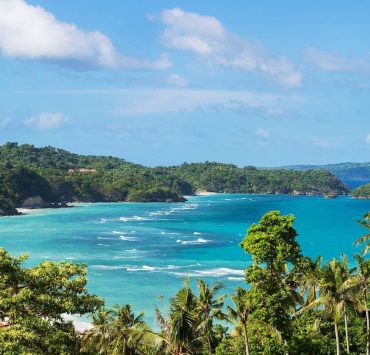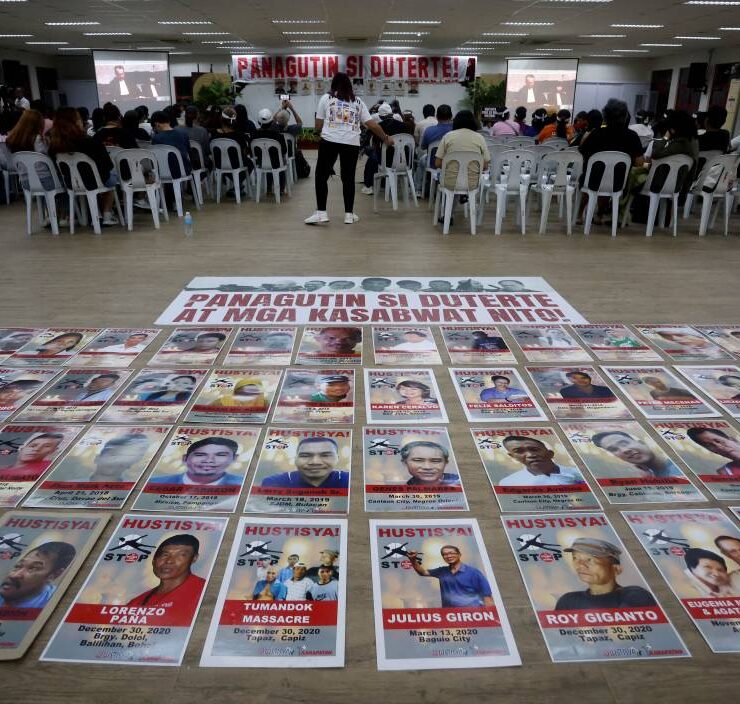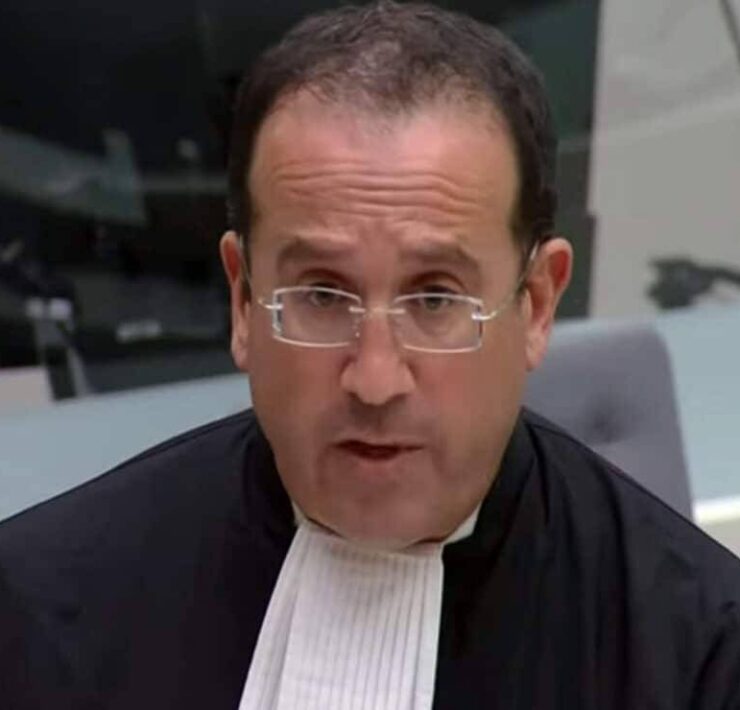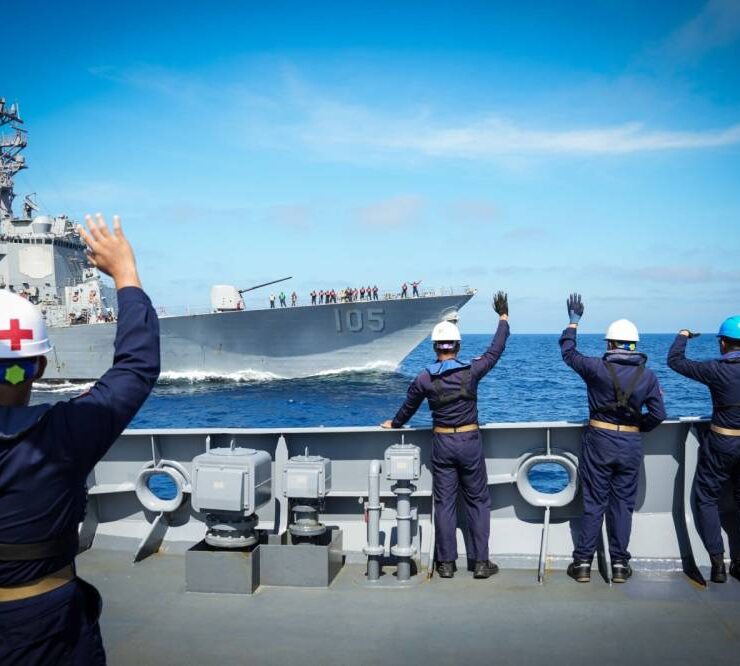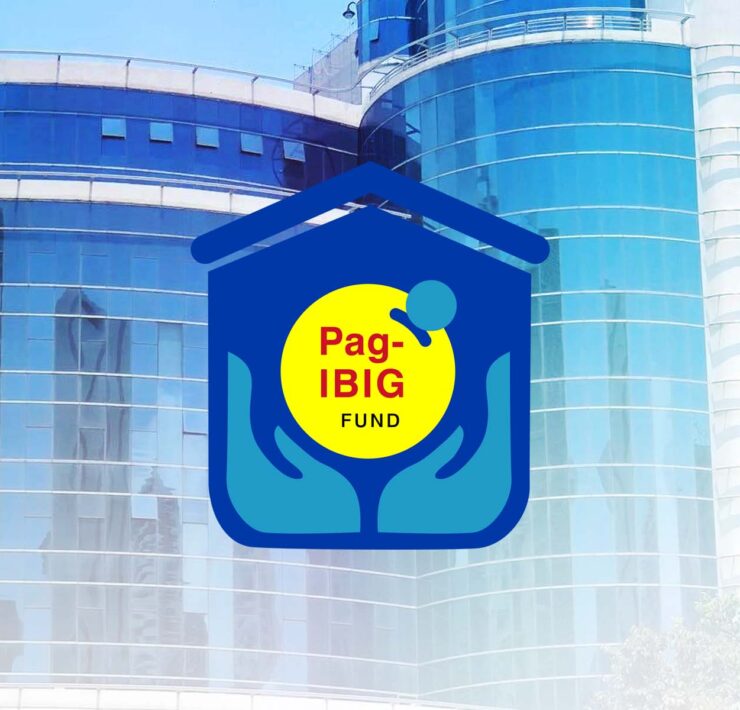Marcos to Naia rehab group: Fix airport woes
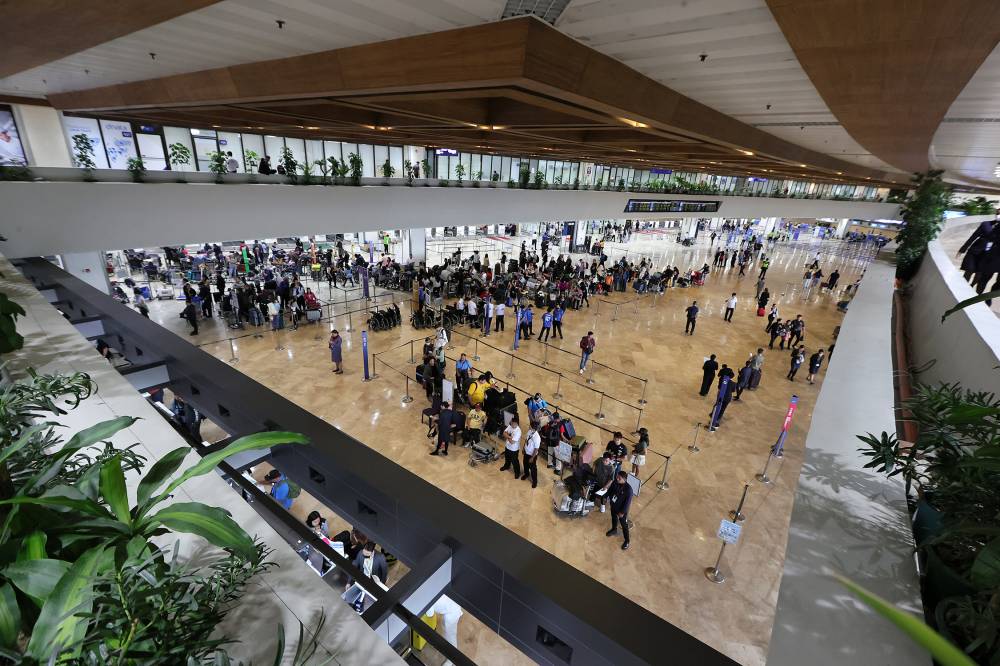
President Marcos on Monday directed officials of the consortium that won the P170.6-billion contract to rehabilitate Ninoy Aquino International Airport (Naia) to fix the problems that have plagued its image to the point of being labeled one of the world’s worst airports.
“The gateway that should be the red carpet to our country has become a dirty rug that unfairly defined a visitor’s first impression, which we all know is extremely important for all of those who are tourists, who are travelers, who… for any reason have come to the Philippines,” he said.
“We have to fix these problems now,” the President said in a speech during the ceremonial signing of the Naia concession agreement in Malacañang.
The public-private partnership deal was signed by San Miguel Corp. (SMC) president Ramon Ang, Transportation Secretary Jaime Bautista and Manila International Airport Authority (MIAA) General Manager Eric Jose Ines.
The signing comes just days after Naia grabbed headlines for being one of the world’s worst airports, along with viral videos on social media showing its terminals infested with bed bugs, cockroaches and rats.
Mr. Marcos rued that the country had paid “a heavy price” for its failure to improve Naia.
“The reputation of this airport has been shredded, and let us be frank about it, not by bad press, [but] by its actual poor state,” he said.
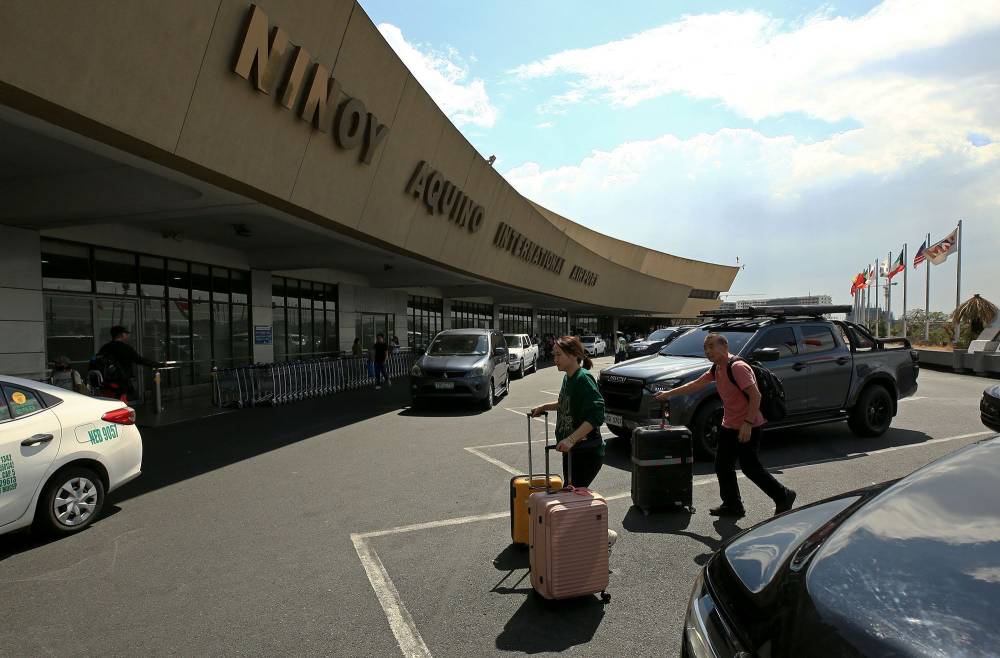
He lamented that Filipinos themselves were often left wondering why the Philippines’ major gateway could not be at par with the premier airports of other countries.
“I think all of us have said to one another, ‘why are the airports in countries like Hong Kong and Singapore so beautiful, but when you come home to the Philippines, [you’re] greeted by headache,’” he noted.
Doubling passenger capacity
The rehabilitation contract was won by the SMC SAP & Co. consortium, which is led by SMC and lists RLW Aviation Development Inc., RMM Asian Logistics Inc. and South Korean airport operator Incheon International Airport Corp. as partners. Now named the New Naia Infrastructure Corp. (NICC), it put forward an aggressive bid of 82.16-percent revenue share with the government to win the contract.
In a briefing on Monday, Ang promised to improve the operations and upgrade the facilities of Naia by building a new terminal in three years and implementing immediate measures once it takes over by September to enhance passenger experience within six months.
Ang said he was “confident as the sun will shine tomorrow morning” when it comes to realizing the P170.6-billion Naia rehabilitation project, along with the development of SMC’s Bulacan airport.

The billionaire vowed to clean up the airport in six months following the group’s takeover.
He said the focus areas would include fixing elevators and escalators; replacements of seats that were recently flagged for having bed bugs; and improving electrical systems to avoid power interruptions.
In a bid to improve access to the airport, Ang said they would also build a new bypass road linking Naia Expressway to Naia Terminal 3 directly—which is expected to be finished by March next year pending approval of the Toll Regulatory Board.
3 decades of delay
The airport upgrade initiative has been pending for the past 30 years, or since the time of former President Fidel V. Ramos.
Naia has 35 million annual capacity, which is way below the actual passenger volume of 50 million it handled in the past years.
Ang said NICC would build a new passenger terminal building with an annual passenger capacity of 35 million.
This will rise at the site of the Philippine Village Hotel, an abandoned hotel owned by the MIAA, in Pasay City and the consortium expects to finish construction in three years.
Ang said they would also construct multipurpose buildings adjacent to Naia Terminals 1, 2 and 3, with each building having eight levels where administrative offices would be relocated, thus decongesting the existing terminals by 30 percent.
The buildings will have parking slots enough to accommodate 9,000 cars.
Ang said NICC would likewise put a new lounge for overseas Filipino workers, recognizing the hard work of the modern-day heroes.
He said the capital-intensive project was well-funded, noting that several banks—including the country’s biggest lender BDO Unibank Inc.—were underwriting the financing.
“The funding has already been committed by the bankers. We have shown the bankers the viability of the project,” he pointed out.
In addition, Ang said that SMC has “many sources of cash flows.”
P1-T concession fees
He also noted the project would be profitable for both the government and the consortium amid the rising air travel demand.
According to the President, the government was expected to receive up to P1.05 trillion in concession fees over the next 15 years, which, he said, was more than 15 times the amount remitted by the Miaa—the current operator of Naia—to the national government since 2010.
In his speech, the President expressed confidence that with the award of the private concession deal, the modernization of Naia would finally take off after a long delay due to “bureaucratic inertia; political turbulence; [and] legal wranglings.”
“These are among the things that conspired to maroon the (Naia) rehabilitation on the tarmac of inaction,” he said.
Speaker Martin Romualdez, who witnessed the signing ceremonies, said better and world-class services and facilities at Naia could be expected with the private sector’s slated takeover of the country’s main gateway.
“The revitalization of Naia also promises broader economic benefits for our country and our people, including job creation, increased tourism, and greater connectivity with global markets,” he noted. —WITH A REPORT FROM JEANNETTE I. ANDRADE














